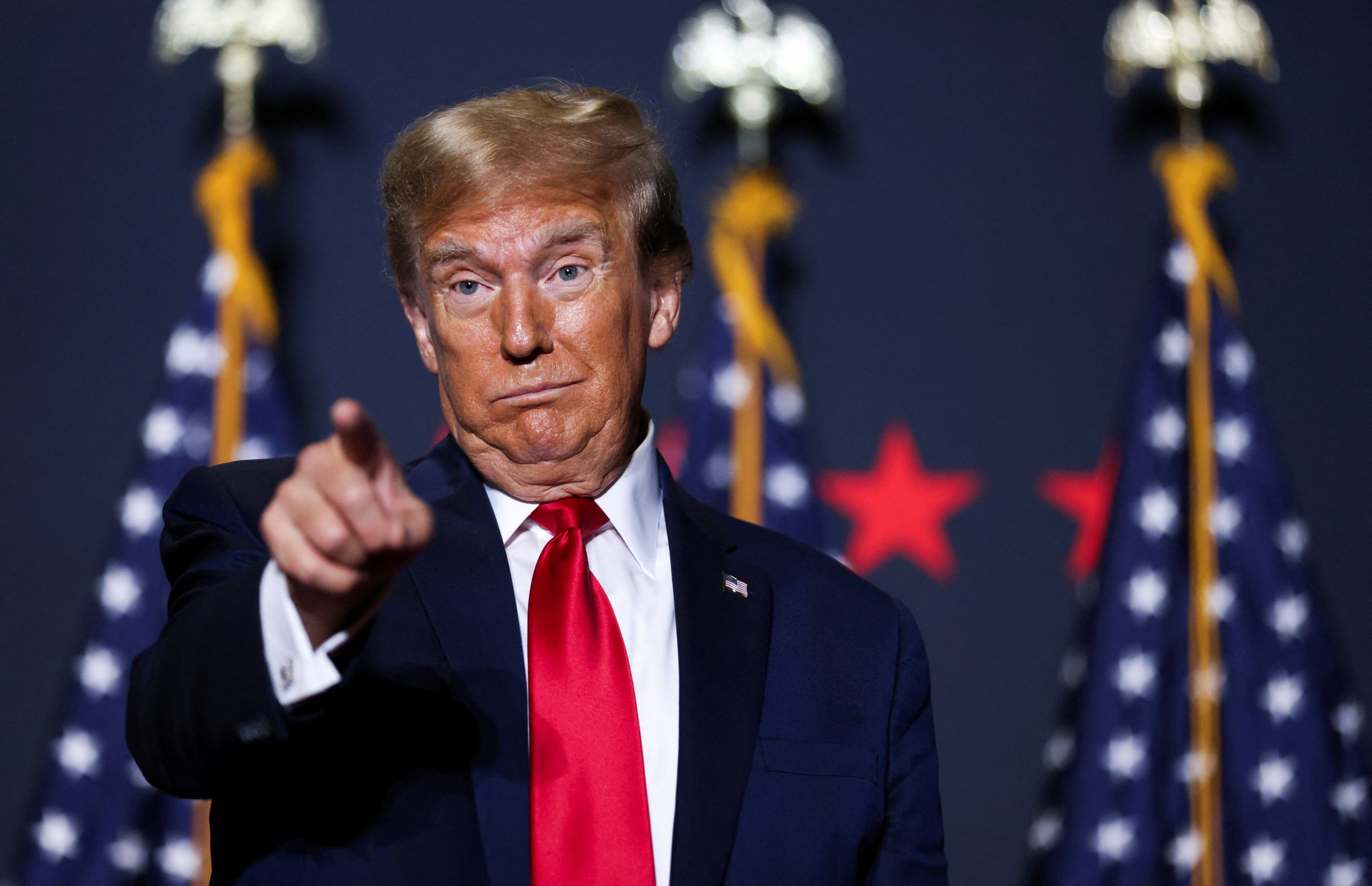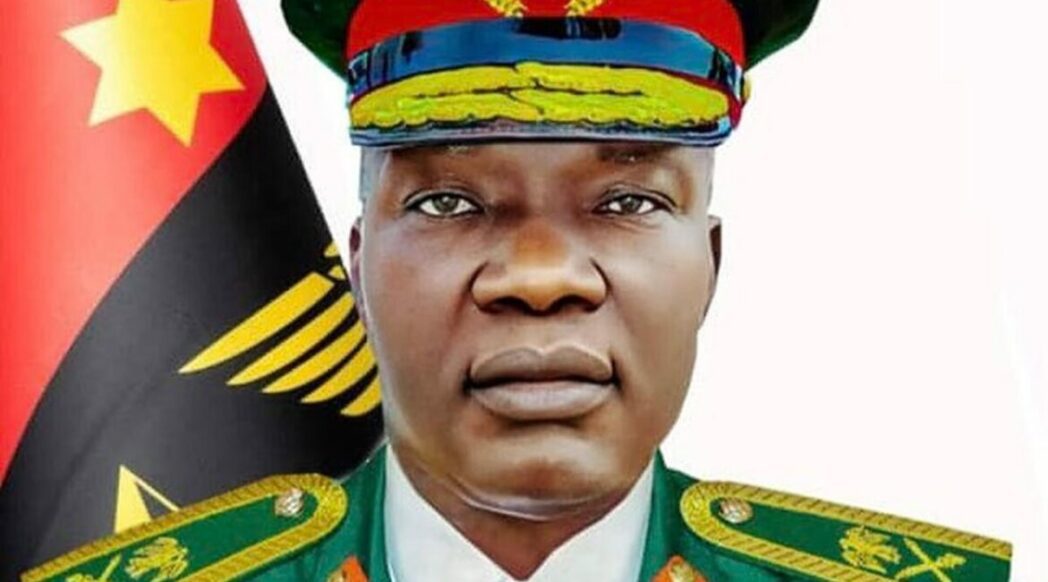Newly inaugurated U.S. President Donald Trump has taken a significant step by signing an executive order to begin the process of withdrawing the United States from the World Health Organization (WHO). This action, taken on Trump’s first day in office, underscores a continuation of his administration’s critical stance towards the international health agency.
Trump, who previously expressed dissatisfaction with the WHO during his first term, particularly regarding its handling of the COVID-19 outbreak, remarked, “Oooh, that’s a big one,” as he signed the order. This is the second time Trump has initiated a withdrawal from the WHO, having first done so during his earlier term, only for the action to be reversed by his successor, Joe Biden.
The motivation behind this executive order, as outlined in the document, revolves around multiple grievances with the WHO. According to the order, the organization’s management of the COVID-19 crisis, which originated in Wuhan, China, was inadequate. It also highlights the WHO’s failure to implement necessary reforms and its susceptibility to political influence from member states. Furthermore, the order criticizes the “unfairly onerous payments” the U.S. was obligated to make to the WHO.
During Trump’s first administration, he accused the WHO of being overly influenced by China, claiming it was “China-centric” in its approach to the global health emergency, which he believed led to biased guidance. Despite these criticisms, the U.S. under the Biden administration continued to be the WHO’s largest financial contributor, providing nearly one-fifth of its budget in 2023.
This move by Trump to disengage from the WHO could have significant implications for global health governance and funding, especially considering the U.S.’s substantial contributions. The withdrawal process requires a year to complete, during which the U.S. would still be responsible for its financial obligations to the WHO.
Trump’s action is part of a broader set of executive orders signed on his first day back in office, focusing on various policy areas, including immigration and cultural issues. His inaugural activities included not only policy directives but also symbolic gestures like being surrounded by tech moguls like Mark Zuckerberg, Sundar Pichai, Elon Musk, and Jeff Bezos at his swearing-in, signaling perhaps a new blend of politics and business influence.
This decision has sparked a range of reactions, from those who see it as a necessary action to reclaim sovereignty and redirect funds more effectively, to critics who worry about the impact on global health responses and America’s role in international health leadership. The move to withdraw from the WHO is poised to be a contentious topic, reflecting Trump’s ongoing critique of international bodies and his commitment to an “America First” policy approach.
As this process unfolds, the global community will watch closely to see how this withdrawal influences not only U.S. health policy but also the broader framework of international health cooperation.












Wow, withdrawing from WHO seems risky. What about global health and cooperation? Hope this decision doesnt backfire.
I cant believe Trump did this! Is he trying to isolate us from the world even more? Whats next, pulling out of the UN? 🤦♂️
Wow, pulling out of WHO on day one back in office? Bold move or big mistake? Lets discuss!
Is it just me or does Trumps decision to withdraw from WHO seem short-sighted and potentially harmful in the long run? #healthcaredebate
Wow, withdrawing from WHO on the first day back? Bold move or risky decision? Whats your take on Trumps latest action?
Wow, pulling out of WHO right away? Bold move or reckless decision? What do you think? Lets discuss!
Why would Trump withdraw from WHO during a global pandemic? Is this a strategic move or just reckless behavior? Lets discuss.
Wow, Trump really made a bold move on his first day back! Do you think this decision will have a positive or negative impact on global health?
Cant believe Trump did that on his first day back! What do you all think about the U.S. withdrawing from WHO? Crazy times were living in.